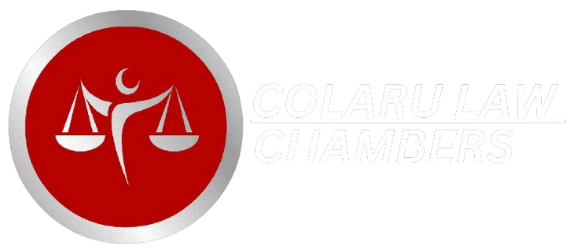Servitude Rights to Wells, Pumps and Pipes
If you and your heritable predecessors have continually used a water source and pipe and storage system situated on your neighbours land for decades and it is the only active water supply to your property, you might consider that you have a servitude or legal right in that supply.
But, not necessarily so.
In a case between neighbours in that situation, a client of ours obtained a declarator from the Court to the effect that his neighbour had no servitude right to the water supply at all despite the water supply having been used since 1945. The neighbour had advanced three reasons in order to preserve the right that he alleged, and these were explored and argued over a number of days of detailed evidence and submission.
Firstly, although many people might think that 20 years or more of use would be sufficient to establish a right based upon the rules of statutory prescription, the use has to be “as of right”. Many landowners, especially in the countryside, are prepared to tolerate a neighbour’s use of a facility on their land as a matter of goodwill because it is not causing them any immediate inconvenience. However, they have no actual intention of granting the neighbour any legal rights. Unfortunately, after a number of years of such continuous use (especially when it is over 20 years), a neighbour or their successor in title might form the impression that they have legal rights to that facility. Much will depend on the circumstances in each case if a significant period of usage can be shown, and in forming a final view, a Court can examine many years of relations between neighbours.
Secondly, another ground advanced by the neighbour in the case was based upon implied reservation. Implied reservation might arise where a part of a larger property is sold off with a particular facility within its boundary and the other (or remaining) part of the larger property continues to enjoy the use of this facility. It was argued that since this water source was the only one in use when the larger property was split up, it must be implied that the owners of the larger property intended to reserve a servitude right in respect of it even though they had not inserted a clause to that effect in the title deed. The right of implied reservation is based upon the premise that there may have been a mistake in the original conveyancing. However, a Court will only make a decision of implied reservation if there is no other source of water supply on the neighbour’s land and therefore, the source was required out of necessity. In reaching its decision, the Court heard evidence covering the history of the respective areas of land since the mid 19th century as well as expert evidence on the various drains and water courses on the land. It was established that there were other water sources available even if they were not actively being used.
Finally, the opponent advanced a third case based upon express reservation which is where the terms of a title deed in the past might be wide enough to suggest a servitude right. This, too, was unsuccessful. In any event, when two properties come into the ownership of one owner (as had happened in this case for over 40 years in the middle of the 20th century), any existing express servitudes between the properties are extinguished as a matter of law.
What is clear from the case is that any consideration of circumstances requires to be carried out in detail for a definitive answer, and therefore, early advice from a solicitor is essential especially where evidence from older witnesses has to be preserved.









